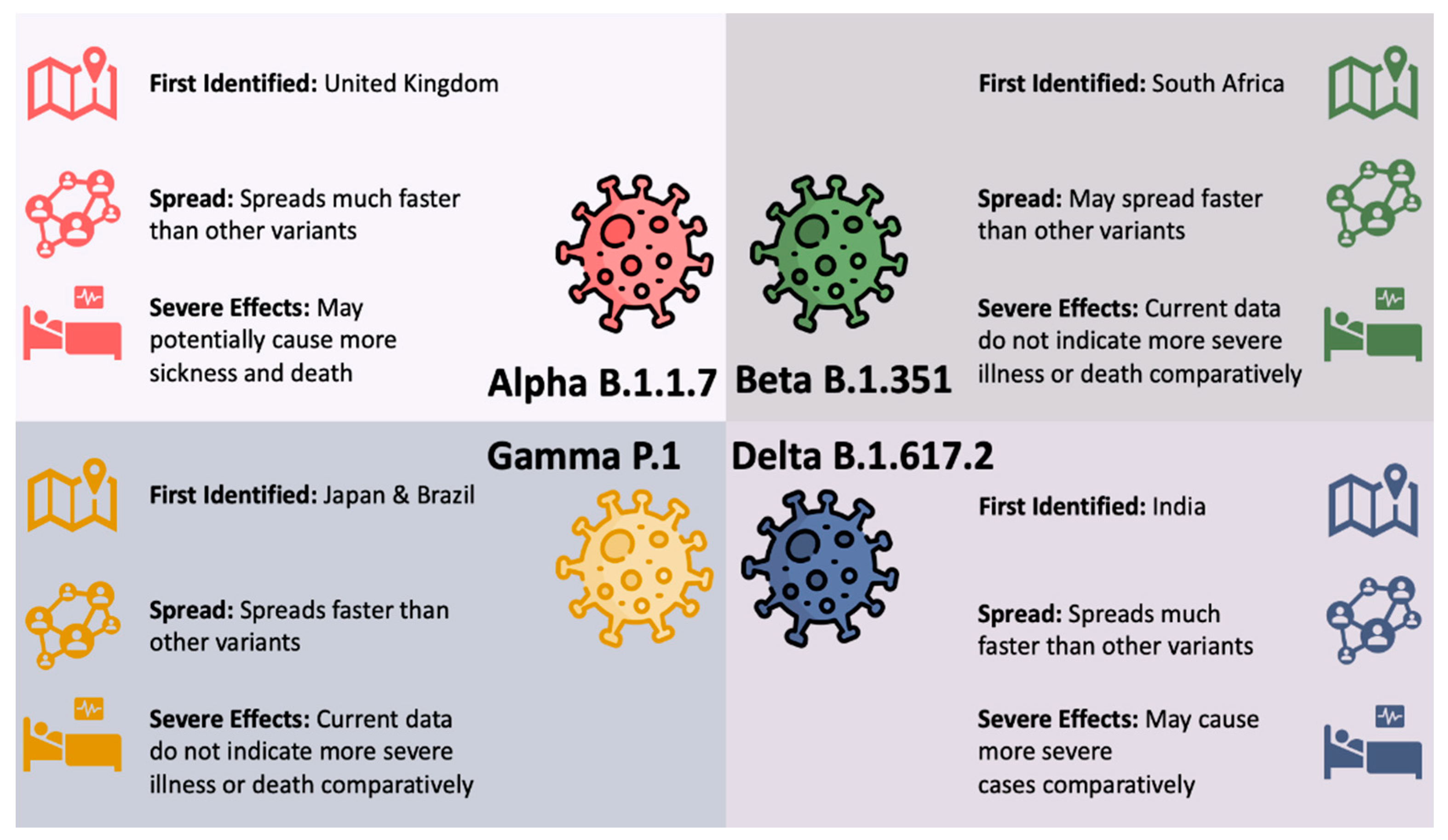Symptoms of COVID Variants: Covid Variants Symptoms
:no_upscale()/cdn.vox-cdn.com/uploads/chorus_asset/file/19782405/Coronavirus_Symptoms___WHO_joint_mission_2.png)
Covid variants symptoms – The emergence of COVID variants has introduced a range of symptoms that differ from the original strain. These variants have distinct characteristics, leading to varying degrees of severity and duration of symptoms.
The latest COVID variants have shown an array of symptoms, from mild fever to severe respiratory distress. For those who are struggling with the financial burden of medical expenses or lost wages due to COVID-19, the ssi ssdi va stimulus check may provide some relief.
However, it’s crucial to prioritize seeking medical attention if you experience any COVID-related symptoms to ensure proper diagnosis and treatment.
Common COVID Variant Symptoms
Common symptoms associated with COVID variants include:
- Fever or chills
- Cough
- Shortness of breath or difficulty breathing
- Fatigue
- Muscle or body aches
- Headache
- New loss of taste or smell
- Sore throat
- Congestion or runny nose
- Nausea or vomiting
- Diarrhea
Severity and Duration of Symptoms
The severity and duration of symptoms can vary depending on the variant. Some variants, such as the Delta variant, have been associated with more severe illness, while others, such as the Omicron variant, tend to cause milder symptoms. The duration of symptoms can also vary, with some lasting for a few days, while others may persist for weeks.
Transmission and Spread of COVID Variants

The transmission rates and patterns of different COVID variants vary significantly. Some variants, like the Alpha variant, are more transmissible than the original strain of the virus, while others, like the Beta variant, are less transmissible. The Delta variant, which emerged in India in late 2020, is highly transmissible and has become the dominant strain in many countries.
Viral Load and Immune Response
The viral load, or the amount of virus present in an infected person, plays a significant role in transmission. Variants with higher viral loads are more likely to be transmitted to others. The immune response of an infected person also affects transmission. People with weaker immune systems are more likely to have higher viral loads and transmit the virus to others.
Vaccination Status
Vaccination status is a crucial factor in variant spread. Vaccines are effective in reducing the risk of infection, severe illness, and death from COVID-19. However, some variants, like the Omicron variant, have shown reduced susceptibility to vaccines. Nevertheless, vaccines remain an essential tool in controlling the spread of COVID-19 and its variants.
Impact on Public Health Measures
The emergence of variants has impacted public health measures, such as mask mandates and social distancing. As variants with higher transmissibility emerge, stricter public health measures may be necessary to control their spread. Mask mandates and social distancing help reduce the risk of transmission by reducing the number of infectious particles in the air and limiting close contact between people.
Impact of COVID Variants on Populations

COVID variants have had a significant impact on vulnerable populations, including the elderly, immunocompromised, and marginalized communities. These groups face a higher risk of severe illness, hospitalization, and death from COVID-19. They are also more likely to experience disparities in access to testing, treatment, and vaccines.
Disparities in Access to Healthcare
Vulnerable populations often face barriers to accessing healthcare, including lack of insurance, transportation, and language barriers. These barriers can make it difficult for them to get tested for COVID-19, receive treatment, and get vaccinated. As a result, they are more likely to experience severe illness and death from COVID-19.
Long-Term Health Consequences, Covid variants symptoms
COVID variants can also have long-term health consequences, even for those who recover from the initial infection. These consequences can include lung damage, heart disease, kidney disease, and neurological problems. These long-term health consequences can have a significant impact on the quality of life for those who experience them.
The latest COVID variants have brought a range of symptoms, including fatigue, fever, and loss of taste. While the symptoms may vary, it’s crucial to stay informed about the latest developments. For those interested in sports, there’s exciting news regarding Brandon Aiyuk , who has recently joined the Pittsburgh Steelers.
As we continue to navigate the challenges of COVID-19, staying vigilant about symptoms and seeking medical advice when necessary is essential.